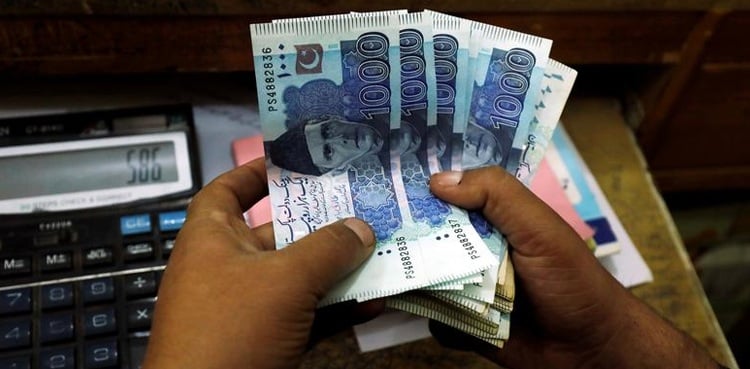Sugar intake should be reduced to 5-10 pc of calories, says WHO
- November 10, 2015, 9:37 pm
- Breaking News
- 67 Views
HQ
QUETTA: People worldwide should cut their free sugar intake to between five and 10 per cent of their overall calories, the World Health Organization advises.
Free sugars refer to table sugar added to foods and drinks by the cook or consumer and sugars naturally present in honey, syrups, fruit juices and fruit juice concentrates. Excluded as non-free sugars are those contained in fruit, vegetables and milk.
Dr. Francesco Branca, director of WHO's Department of Nutrition for Health and Development, said there's solid evidence that keeping free sugars to less than 10 per cent of total energy intake reduces the risk of being overweight, obesity and tooth decay.
The previous UN public health agency's guideline called for free sugar intake to be less than 10 per cent of energy intake. The update reduces the level to "less than five per cent of total energy intake if possible."
The "strong" recommendation for a 10 per cent limit, or 12 teaspoons, can be adopted immediately as policy, such as in dietary guidelines in each country, WHO said.
"It is very easy to exceed the recommendation of 12 teaspoons if you think of having maybe a bowl of breakfast cereals in the morning, then maybe you have a can of soda sometime during the day, then you have for dinner a sweetened yogurt," Branca told a briefing.
"You are already above the 10 per cent. You are already at approximately 15 teaspoons."
In contrast, the "conditional" recommendation for the five per cent level is desirable, but "dialogue and consultations are needed before the recommendation is implemented as policy."
Five per cent of sugar intake daily is about 25 grams of sugar/day for an adult, or about six to seven teaspoons. For a child, five per cent amounts to 22 grams of sugar or six teaspoons.
In 2014, the Heart and Stroke Foundation of Canada also recommended the same limits, saying ideally free sugars should be less than five per cent of total daily calories.
"I think the WHO's new sugar guidelines are a step in the right direction," Mary Scourboutakos, a doctoral student in nutritional sciences at the University of Toronto, said in an interview.
The guidelines provide a benchmark for policy planners to assess free sugar consumption and levels in the food supply. There is currently no Canadian policy on limiting sugar in the food supply, Scourboutakos said.
Scourboutakos was the lead author of a recent study on added sugar levels in kids' meals at restaurant chains, which ranged from zero to 114 grams — four days worth of sugar for a child.










